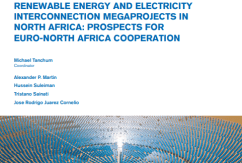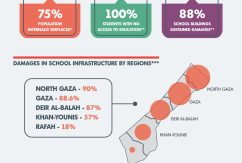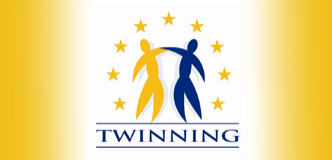Brief Description
Twinning is a long-term institution-building instrument supporting partner countries through institutional cooperation, acquiring the necessary skills and expertise to approximate EU legislation.
Countries covered: Algeria, Armenia, Azerbaijan, Egypt, Georgia, Israel, Jordan, Lebanon, Moldova, Morocco, Tunisia and Ukraine
Objectives
Twinning aims at upgrading the administrative capacities of the partner countries’ administrations through the training of staff, and support to the reorganisation of state institutions’ structures. It also supports the approximation of national laws, regulations and quality standards to those of EU Member States in the framework of Cooperation or Association agreements signed with the EU.
Actions in brief
To set up Twinning projects, the EU relies on the co-operation and administrative experience of EU Member States, which mobilise public expertise both from public administrations and semi-public bodies. A Resident Twinning Adviser is seconded from the Member State to the beneficiary administration for a period of between 12 and 36 months for the entire duration of the implementation of the Action, and coordinates the project’s activities.
The work plan of a Twinning project usually foresees short-term and medium-term expert missions, training events in the partner administration, and awareness-raising visits in the Member States.
The partner administration in a Twinning project is a public administration with sufficient staff and absorption capacity to work with a Member State institution having a similar structure and mandate. The partner country must mobilise its staff, demonstrate enduring commitment and ownership, adaptability, and take on board changes and best practices in a sustainable way. Twinning is not a one-way technical assistance instrument but a joint commitment where success is a common achievement.
Twinning projects are implemented with a view to the mandatory results to be achieved. They are usually articulated in components corresponding to the expected results, and foresee a number of activities including workshops, training sessions, expert missions, study visits, internships and counselling. Twinning relies on the ‘learning by doing’ principle and sharing of best practices.































